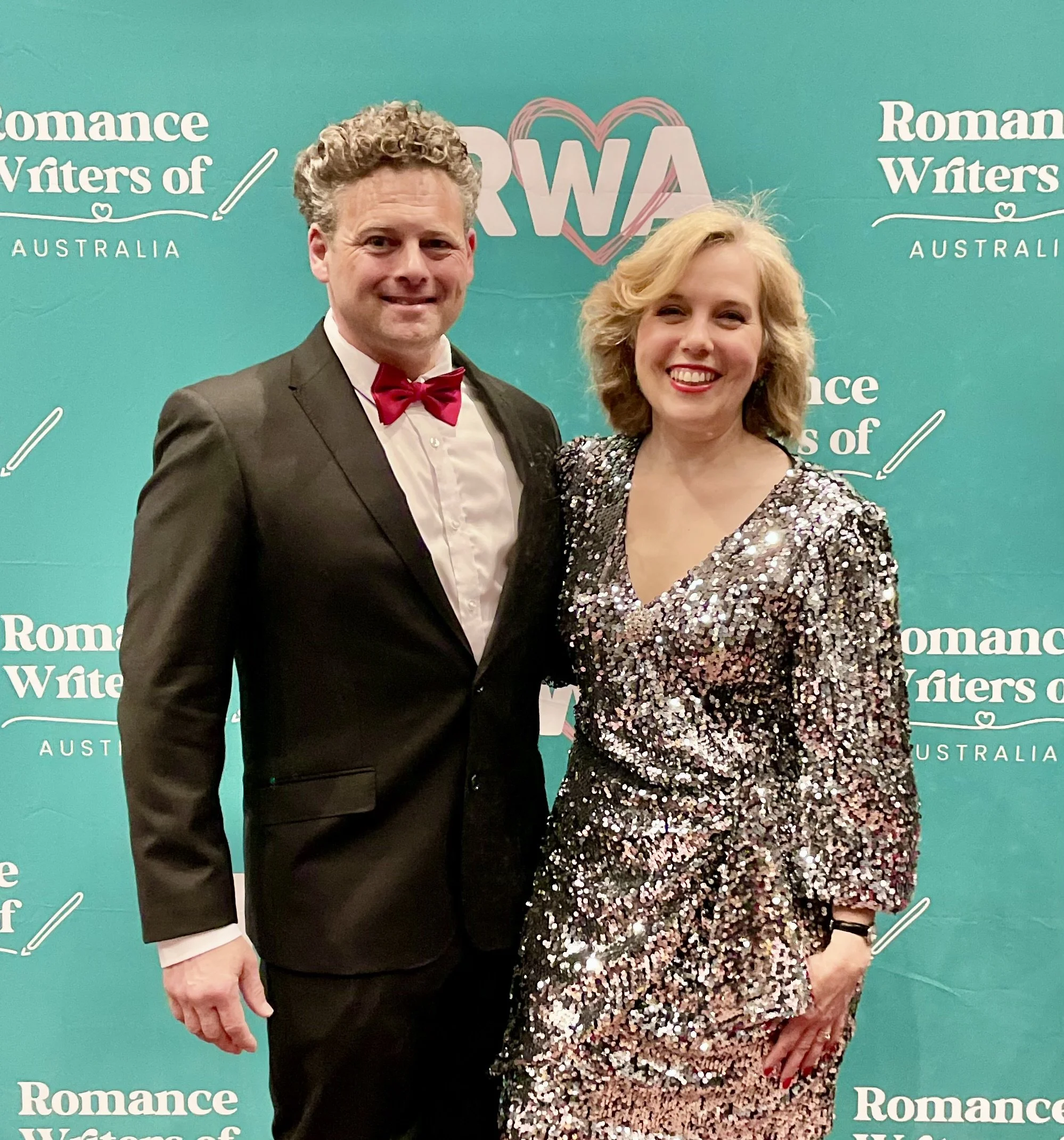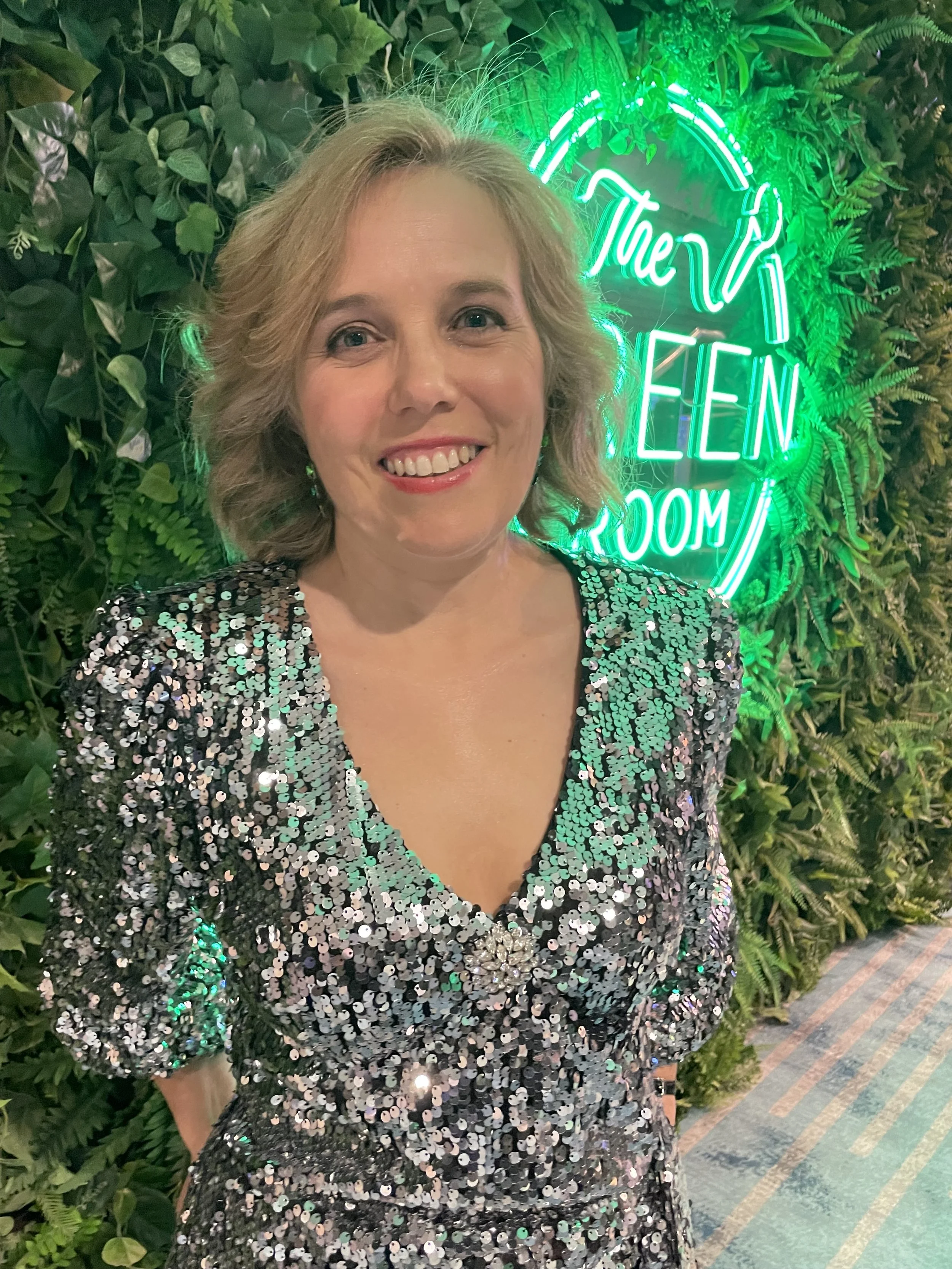Why Third Place Can be the Strongest Leadership Lesson of All
By Suzie Thoraval
When our culture reveres only the winners, adaptive stability reminds us that progress, perspective and recognition are victories too
“I don’t like to lose at anything...yet I’ve grown most not from victories, but setbacks.”
Last weekend, my husband was up for an award for a novel he wrote. We dressed in our finest gala outfits, arrived at the ceremony full of anticipation, and he had even been told to prepare a speech — just in case. He was nervous all evening. The announcement came. He didn’t win first place. He was awarded third place — a recognition that marked him out among the very best in his field.
Instead of disappointment at not winning, he felt honoured. This book had been years in the making: early mornings, late nights, endless editing, and the quiet doubts familiar to any writer. Simply being nominated already felt like an acknowledgement of his efforts. Walking into the room, he carried the sense that his work had been seen and valued — and that was enough.
Remarkably, this was the second time in a month he had placed third. The email about another award result had almost assumed he’d be discouraged:
“Unfortunately, on this occasion your entry was not the winner. Please try not to be disheartened; the judges were impressed by your submission, and asked us to let you know that—in a very strong field—your work was shortlisted in Third Place for the prize.”
He was not disheartened when he received this email. He felt affirmed. Twice in one month, his work had been recognised among the best. He smiled, celebrated, and carried on — steady, anchored, and grateful.
That, to me, is adaptive stability: in these moments of receiving the result of his efforts, he was able to remain grounded and flexible when outcomes don’t match the original ideal. He was able to be steady and resilient and see the value in the experience regardless of the outcome.
Steady in the storm
Adaptive stability is like a gum tree weathering a storm. Gum trees bend and sway with wild winds, shedding bark and even branches to lighten their load. Yet their deep roots and natural flexibility mean they remain standing long after the storm has passed.
That month, my husband was the gum tree. He bent with the nerves, swayed with the tension of waiting, and even let go of the “first place” outcome. But his roots — years of effort, pride in his book, and gratitude for recognition — kept him steady. It was already a win.
Leaders can learn a lot from the gum tree. Projects might get delayed, decisions may not go your way, and external shocks will come. Stability doesn’t mean avoiding storms, it’s about having the depth and flexibility to stay grounded while adapting to the pressure and conditions around you.
Our perception of outcomes matters
Psychological studies show that our perception of outcomes matters more than the outcomes themselves. According to research by Carver and Scheier (1998) on self-regulation, people who maintain focus on their long-term purpose are less thrown by setbacks because they see each result as feedback rather than failure.
Angela Duckworth’s work on grit also highlights that success isn’t only about talent or winning every round. It’s about perseverance and passion for a long-term goal. Two third places in a row might look like “not winning,” but for those with grit, they are markers of progress and recognition on a bigger journey.
Keeping perspective
Tennis champion, Serena Williams is a great example of this perspective. She didn’t always win every tournament she entered. Across two decades at the very top of her sport, she had losses, injuries, and outcomes far from the dream result. Yet she continually reframed each experience as part of the bigger picture of growth. That mindset helped her become not only one of the greatest athletes of all time but also a role model in resilience and perseverance.
Much like my husband’s two third-place outcomes, the lesson isn’t about missing out on the trophy. It’s about the strength and perspective that come from honouring the journey itself.
How do I stay steady when the ideal doesn’t happen?
Here are some ideas to anchor yourself when the result is less than ideal.
Anchor to Purpose Like the gum tree’s roots, hold onto the “why.” When outcomes fluctuate, purpose keeps you steady.
Reframe Results Treat outcomes as data, not definitions of your worth. Third place isn’t failure — it’s recognition, experience, and a platform to build on.
Celebrate Progress Recognition, even without first place, fuels momentum. Leaders who pause to celebrate milestones keep their teams motivated through uncertainty.
Stay Steady in Public My husband modelled composure. Leaders do the same when their teams look to them after a missed target or unexpected change. Calm steadiness builds trust.
Play the Long Game One outcome doesn’t define the trajectory. Great leaders — like great athletes and writers — understand that the story is still unfolding.
Ask Yourself:
When was the last time you reframed a “third place” moment as progress instead of failure?
What are the deep “roots” — values, purpose, or beliefs — that keep you steady in times of uncertainty?
How do you celebrate milestones with your team, even when the big prize hasn’t yet been won?
In what ways can you model composure and adaptive stability when the winds of change blow hardest?
After the result
My husband may not have taken home the top trophy, but he walked away with something more enduring — the culmination of years of work, the joy of being recognised twice, the experience of being part of a community of writers, and the steadiness that comes from knowing his work matters regardless of the number on the plaque.
In a culture that so often reveres only the winners, it’s easy to overlook the growth, recognition, and quiet triumphs that come from simply being on the field.
Adaptive stability invites us to value progress and perspective over podiums. This is what it looks like in practice: grounded, flexible, and steady no matter the outcome.
How will you remind yourself — and your team — that every result is progress, and every step part of the bigger story?

